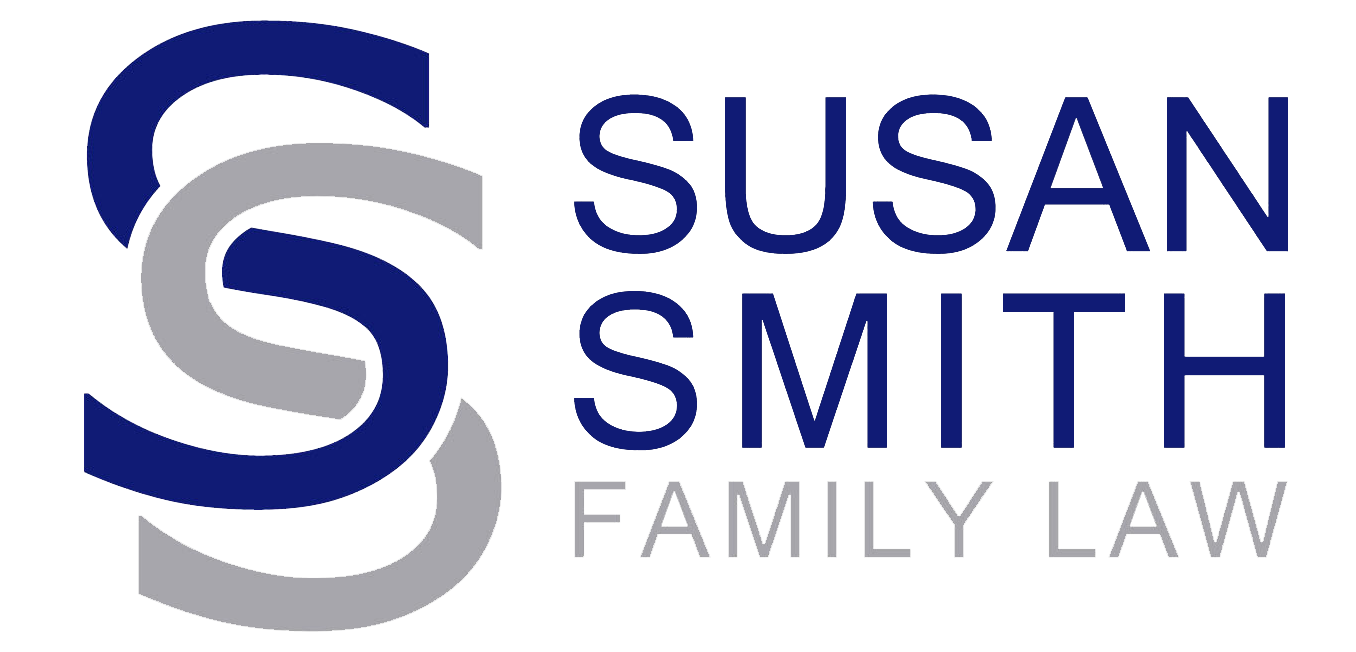The Process
There is no single path through a divorce or custody lawsuit. The various phases of litigation can happen all at the same time or a case can progress in phases. Sometimes, a case may even repeat a phase. It all depends on the personalities involved—the parties, the lawyers, and even the judge. However, all cases will eventually be presented to the judge since only a judge’s signature on a Decree of Divorce or final custody order can end the case.
Initial Consultation
The initial consultation lasts about an hour. You’ll tell your story, and we’ll explain how the legal process works in your case. Then together, we will craft a strategy for you to use even if you don’t hire us right away.
The best money you will ever spend on legal advice is the consultation fee. Beware of “free” thirty-minute consultations, which are designed to sign you up first and then learn your case. We will take the time to give you an honest assessment and an action plan that is specific to your unique situation. You can schedule a consultation with us here.
Client Homework
After the consultation, if you hire Susan, you will be tasked with gathering certain information. Budgets, parent Q&As, inventories, narratives, and other forms or requests will be provided to you. Accurate and complete responses to these questions are a vital resource as we proceed through your case. These documents create the foundation of our approach to your case and will be referenced regularly as the case progresses.
Filing the Lawsuit & Responding
Depending on the type of case and your facts, you may have the luxury of time, or you may need to appear in court tomorrow. But once we file into the case, it’s “go time.” Ideally, you will have finished the necessary client homework.
This is when Susan files the legal paperwork with the Court or files an Answer on your behalf. Either way, she now stands between you and the other party in this case. That person, and the court, has to go through her before they can get to you. Susan is now officially your “Attorney of Record” for your case. If you are the one starting the case, then Susan will serve the opposing party (called “service of process”) or let you handle sending the legal papers to the other side—it is up to you based on your comfort level.
Temporary Orders & Negotiations
The temporary orders hearing generally occurs about two weeks after the case is filed, but it isn’t required. The opportunity for negotiations and an amicable resolution starts the moment you hire Susan and never disappears until the judge starts the final trial on the merits. Susan is always open to the parties themselves crafting the best solution for their family. However, chasing a deal just to avoid court can be a waste of time and energy. Sometimes, the judge needs to hear the dispute if no amount of negotiation will resolve the conflict—and that is where the temporary orders hearing comes in.
The temporary orders hearing often decides child support, possession schedules, who pays what bills, and who lives where (among other issues). These orders are essentially the “rules” for how a family will live while the actual divorce or custody suit progresses. These orders are not final, but they are very important. There can be more than one temporary orders hearing, depending on how the case evolves.
Mediation
Every case will be referred to mediation. Mediation is a process where each side and a neutral third party (the mediator) meet. Normally, the two (or more) parties do not see each other or interact. The mediator then goes back and forth between each party with settlement offers. Mediation can last anywhere from two hours to a full day (or more). Mediation generally occurs towards the end of a case, but Susan has successfully mediated contentious cases early on, sparing her clients the fees and headaches of further litigation. Early mediations are unique and suitable only under very specific conditions.
Discovery
After the temporary orders hearing, the next phase begins. The discovery phase includes everything from exchanging inventories (the list of all assets and debts that exist between one or both parties at that time), informally exchanging financial documents, and serving formal Requests for Production/Interrogatories/Requests for Disclosure, to conducting depositions, custody evaluations, psychological/psychiatric examinations and much more. This phase is optional, and most divorces and custody suits bypass it altogether. It is even more expensive than it sounds, and sometimes it is a waste of time and money. Other times, discovery can be the best money ever spent. It all depends on the facts and circumstances in your case.
Discovery is how each side learns about the claims, defenses, and factual support of the other party. If you expect a high level of conflict or distrust in your case, then discovery is more likely to be necessary. If a final trial is expected, this phase is crucial to success.
Final Trial
If negotiations fail (or are not recommended, such as in family violence cases), then Susan prepares for trial. Depending on the court, some trials are being booked out one to two years in advance. We will do everything in our power to prepare you and your case for trial—our motto is “Proper preparation prevents poor performance.” During trial, all of our hard work leading up to this will be put to use. We will do everything we can to get you the result you need.







